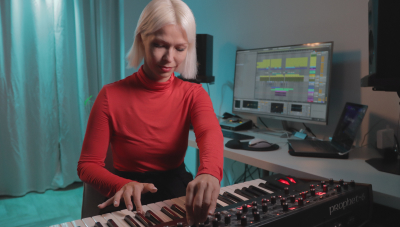Introduction to Copyright and Royalties
As a producer, songwriter, or artist, you need to understand what your rights are and thus know what income you can obtain for your works.
Most countries have different copyright laws, so this post will focus on the most generalized concepts. However, they may not all apply to your country of residence. Therefore, make sure to check with your country’s copyright laws which you should easily find online.
What is copyright?
It’s an exclusive right given by law to an author of an original work.
As a copyright owner, the rights you control over your work are:
- Reproduction
- Distribution of copies
- Public performances
- Derivative works
- Public display
The protection is automatic, which means that from the moment the work is created it is protected without any kind of formal registration.
It is also important to note that copyright protection is subject to certain allowed reservations, limitations or exceptions such as criticism, reporting by the press, parody or teaching.
What are royalties?
Royalties are recurring payments made to rights’ holders in exchange for permission to use their work. Every time your work is used, it generates royalties which you are then owed.
Moral Rights
Before delving deeper into copyright and royalties, it is important to note that as the creator of a piece of work, you have moral rights, which are separate from copyright. They protect your rights as the creator to claim authorship of your work (right of paternity) and allow you to object to any modification or deformation of your work that may be prejudicial to your honour and reputation (right of integrity).
Unlike economic rights, which will be discussed in the next section, moral rights cannot be sold or transferred, but the rights’ holder can choose to waive them in certain countries.
Economic Rights
There are two types of copyrights in every song:
- Composition (aka publishing rights): It refers to the lyrics, the melody and the beat. The rights belong to songwriters, lyricists and producers who also participate in the making of the track (like making the beat). If the songwriter has a publisher, this right is assigned to the publisher (whose role is very similar to what a manager or even a record label is for a recording artist, but for a songwriter).
- Sound recording (aka master rights): It refers to the final recording of the song. The rights belong to the recording artist or the label if the artist is signed to one.
Sometimes an artist will be both the writer and the recording artist, which means that both rights belong to them.
In this post, we’ll focus on the publishing rights, which are relevant to you if you are a producer who composes or helps in the composition of the tracks, a songwriter or a lyricist.
Publishing Royalties
Even if copyright protection is automatic, to obtain your royalties you need to register with certain organizations that collect and distribute them. In the next sections, we’ll discuss each type of royalty and what type of organization you need to register to in order to obtain your due royalties. If you are an independent songwriter/beat maker you will have to register to each of these organizations independently, which you can usually do from their website. If you are signed with a publisher or a publisher registrator (an organization that handles the registrative part of your publishing) like Songtrust, they usually take care of the registration process.
Publishing royalties are paid to songwriter(s) and publisher(s) unless stated otherwise.
1. Performance Royalties
What are they?
Performance royalties are generated every time a composition is played to the public such as a radio play, a live show or a song playing in a shop or a bar.
How are they split?
Performance royalties are automatically split in half between the publisher (publisher’s share) and the songwriter (writer’s share). If you don’t have a publisher, you need to register as your own publisher to be able to collect the remaining 50% of your royalties.
Where do you need to register?
You have to register to a PRO (Performing Rights Organization) that collects and distributes performance royalties. PRS for Music (UK), SACEM (France), BMI and ASCAP (USA) or SGAE (Spain) are some examples of this type of organization. You do not necessarily have to register with your countries’ organization but that’s usually the most convenient thing to do.
2. Mechanical Royalties
What are they?
Mechanical royalties are generated when a composition is printed on CD or vinyl, downloaded digitally or streamed on interactive platforms (the user decides what to listen to) like Spotify. Therefore, they are generated when someone or a company wants to sell (physically or digitally) copies of your compositions.
Where do you need to register?
You need to register with an MRO (Mechanical Rights Organizations) like MCPS (UK) or Harry Fox Agency (USA). Many countries register performing and mechanical royalties jointly such as SACEM (France), GEMA (Germany) or JASRAC (Japan). These types of organizations that collect both royalties are not PRO’s (although sometimes they are referred to as such), but CMO’s (Collective Management Organizations).
3. Print Royalties
What are they?
They are generated when your music is transcribed onto sheet paper, when it’s printed in a songbook which is later published, when your lyrics are printed on merchandise or when they’re uploaded on a lyrics’ website.
How do you obtain them?
They are usually paid by the companies engaged in the printing of sheet music and lyrics. In the case of lyrics websites, artists and publishers are granted a share of the site’s ad revenue.
In the next post, we’ll focus on master rights and how recording artists, labels, producers and even session musicians get paid royalties.
Additional resources:
Copyright in the EU: How to get copyright protection – Your Europe (europa.eu)
How Music Publishing Works: Music Publishing Administration 101 (tunecore.com)
Publishing Royalties A Collection Society Might Be Missing (songtrust.com)
Mistakes Songwriters Should Avoid During Song Registration (songtrust.com)
How Do Music Producers Get Publishing (bestbeatmakingblog.com)
Explained: Performance Royalties vs. Mechanical Royalties (soundcharts.com)
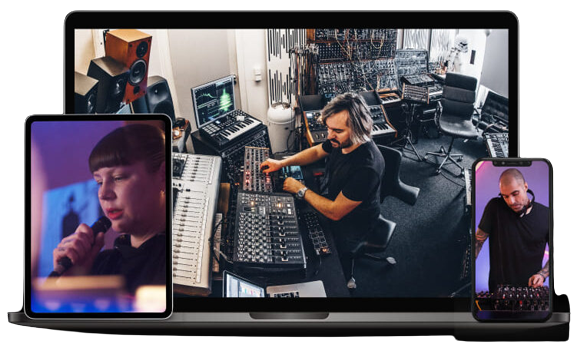

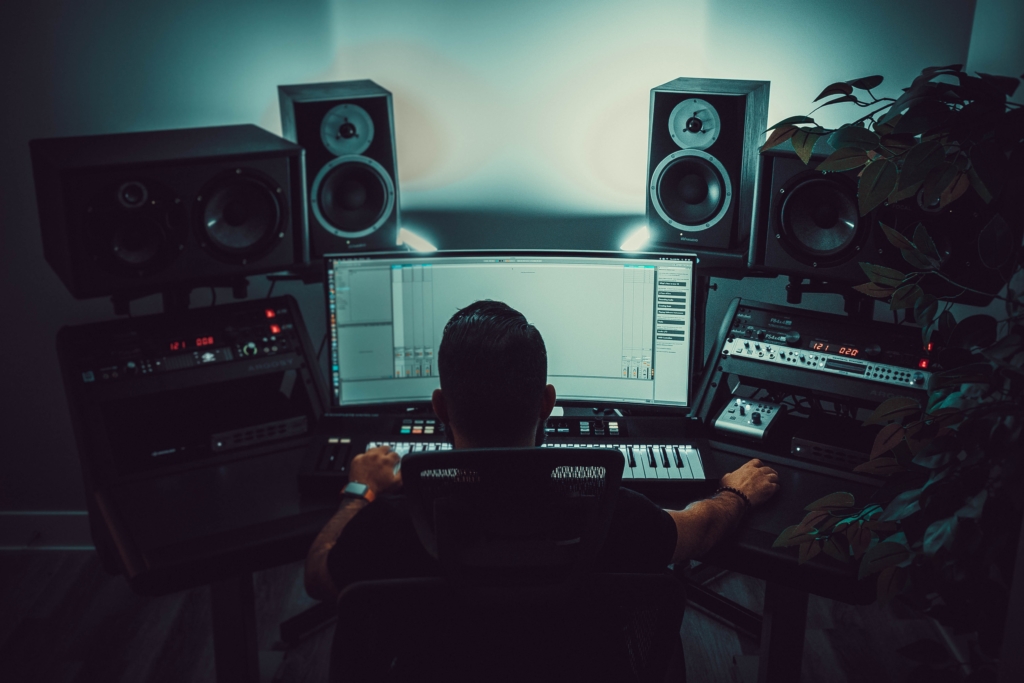
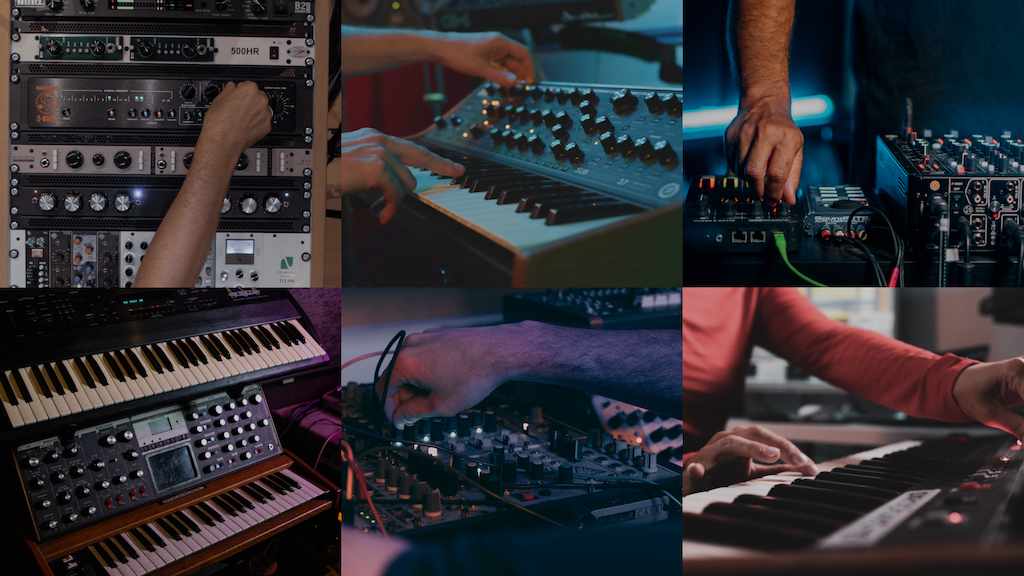
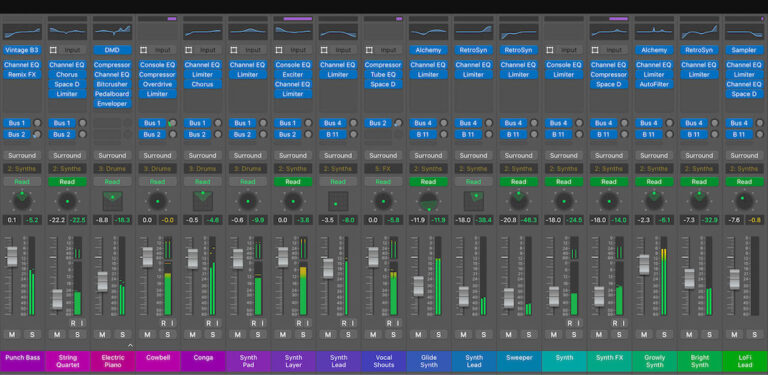
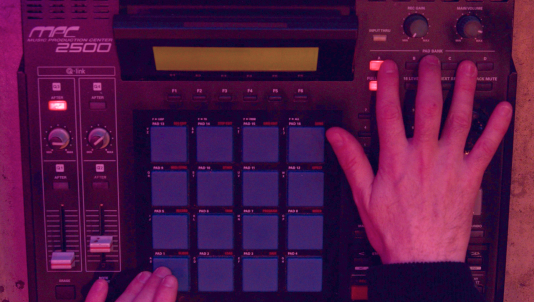
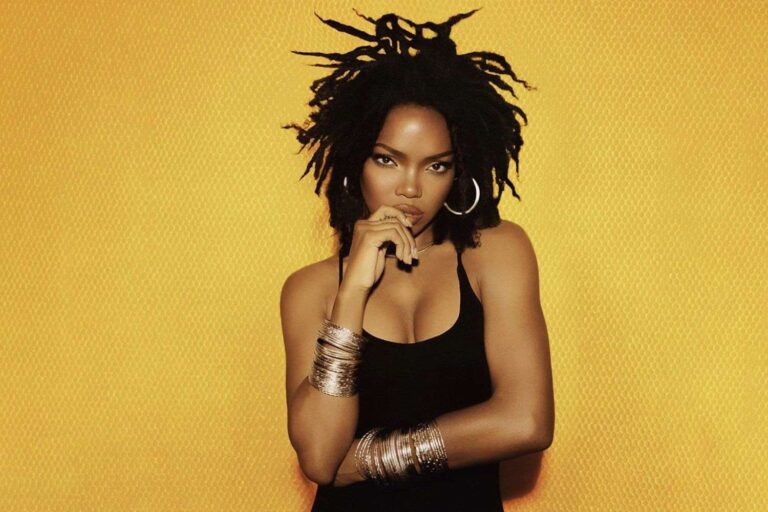
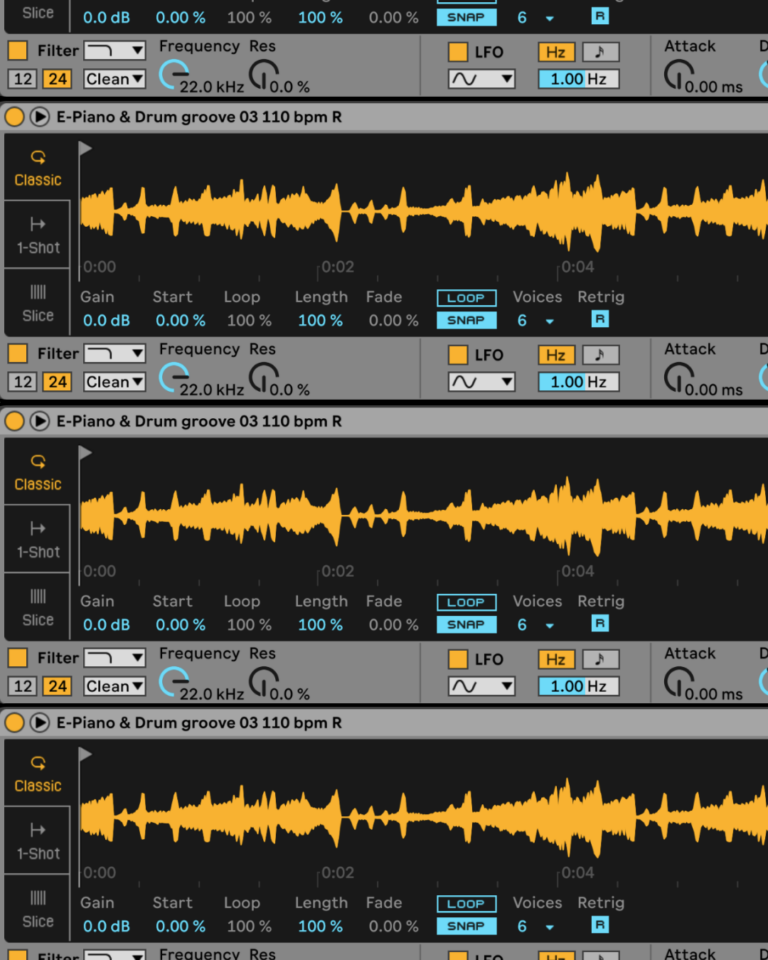
 50 Industry Music Production Tips You Must Know
50 Industry Music Production Tips You Must Know


